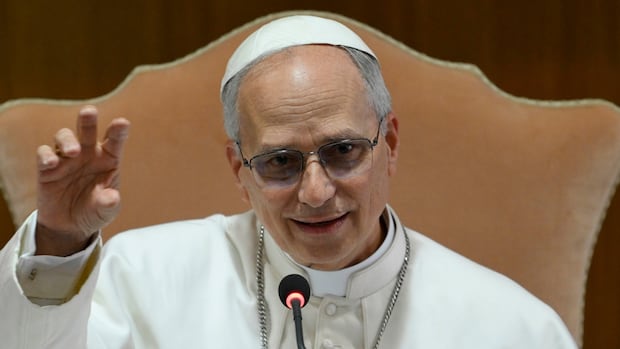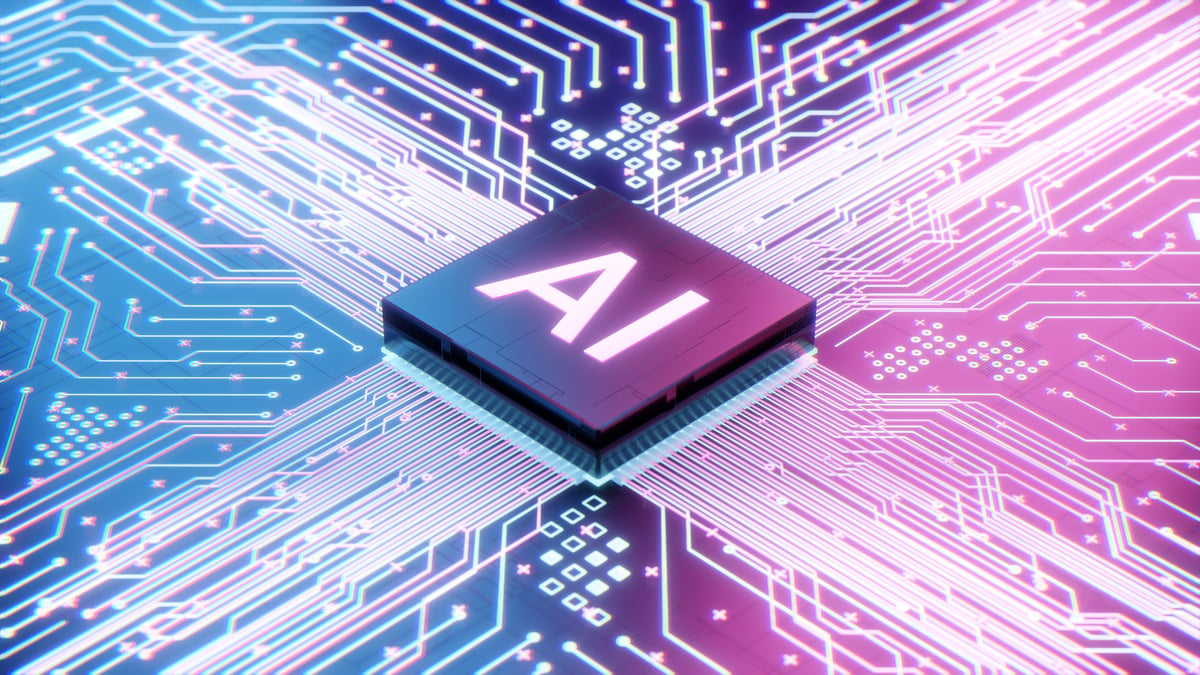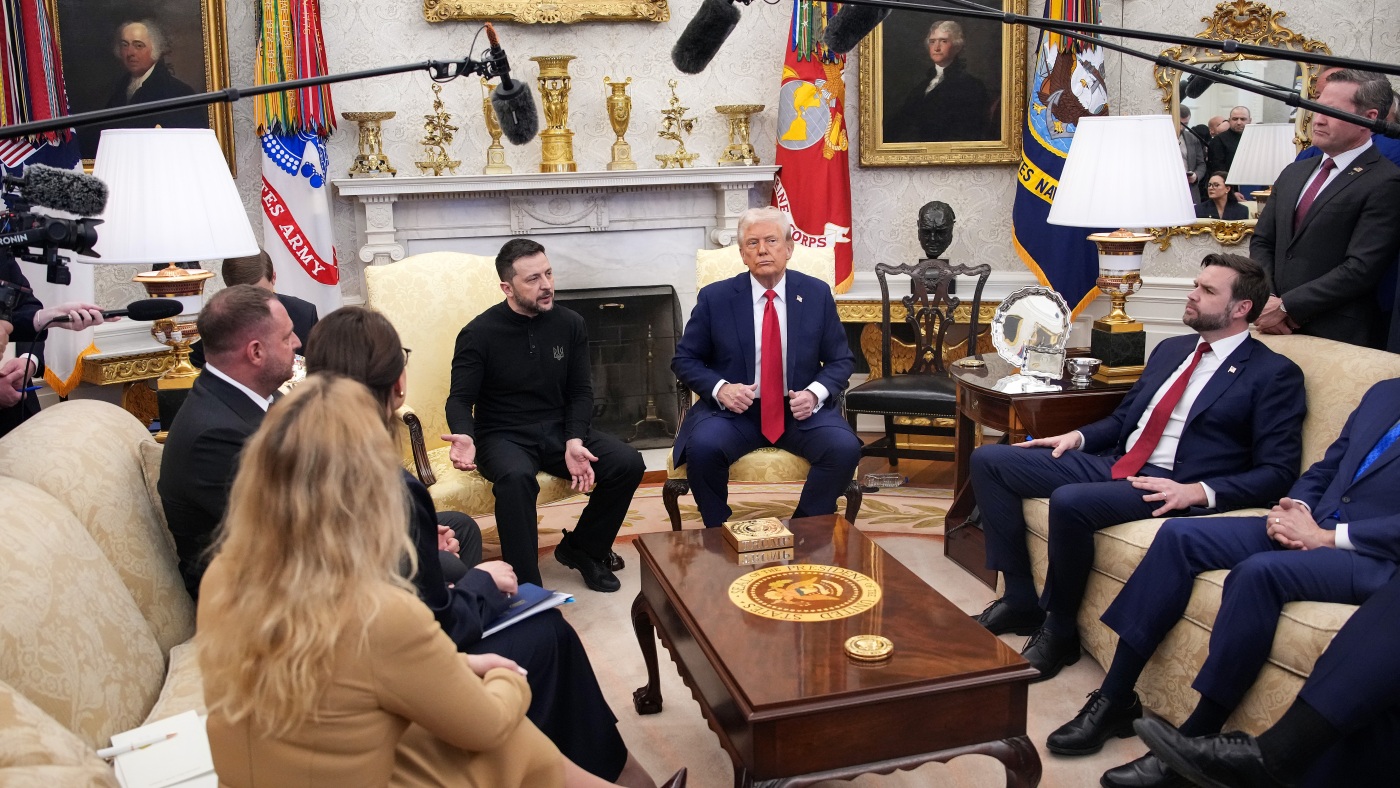
In his inaugural formal audience at the Vatican on Saturday, Pope Leo XIV addressed members of the clergy and international guests, offering a glimpse into the central themes of his papacy. Foremost among his concerns is the rapid development and integration of artificial intelligence (AI) in daily life, which he identified as a critical issue facing humanity.
Standing before a crowd gathered in the Apostolic Palace, the Pope emphasized the need for a moral framework to guide AI development, warning that unrestricted technological advancement devoid of ethical considerations could undermine human dignity and social justice. “Artificial intelligence presents both opportunities and profound ethical dilemmas,” the pontiff said. “The choices we make today in designing and deploying these systems will shape the world for generations.”
The Pope called on not only religious leaders, but also scientists, policymakers, and technologists to engage in dialogue that prioritizes the common good. He urged international collaboration to establish norms that guard against the misuse of AI, especially in areas like surveillance, automation, and military applications.
While acknowledging the potential of AI to improve lives—particularly in fields such as healthcare, education, and environmental monitoring—Pope Leo XIV cautioned against the danger of allowing algorithms to dehumanize decision-making or exacerbate inequality. “We must ensure that these tools serve humanity, and not the other way around,” he remarked.
His statements come at a time when world governments and institutions, including the United Nations and the European Union, are working to craft frameworks for responsible AI governance. The Pope’s message signals a willingness of the Catholic Church to actively participate in these global conversations and to lend a moral voice to the digital age.
Pope Leo XIV’s address represents a continuation of the Vatican’s increasing interest in technology ethics, following in the footsteps of his predecessors who began engaging with issues such as digital privacy, social media, and environmental stewardship. His remarks suggest that under his leadership, the Catholic Church will seek to influence not only spiritual matters but also the ethical foundations of emerging technologies.
As artificial intelligence continues to permeate every aspect of society, the Pope’s early emphasis on its moral implications sets a significant tone for his papacy and signals an intention to position the Church as a guiding voice in global debates on technology and ethics.
Source: https:// – Courtesy of the original publisher.








